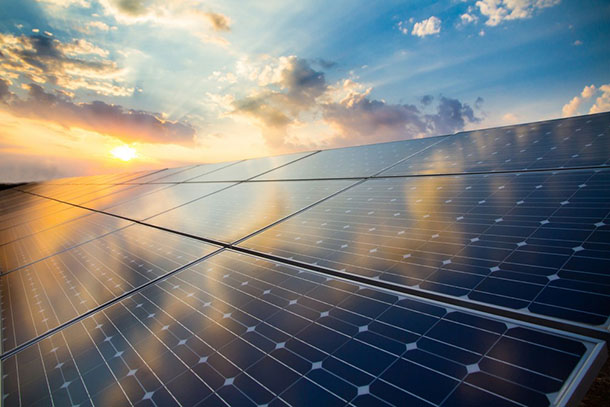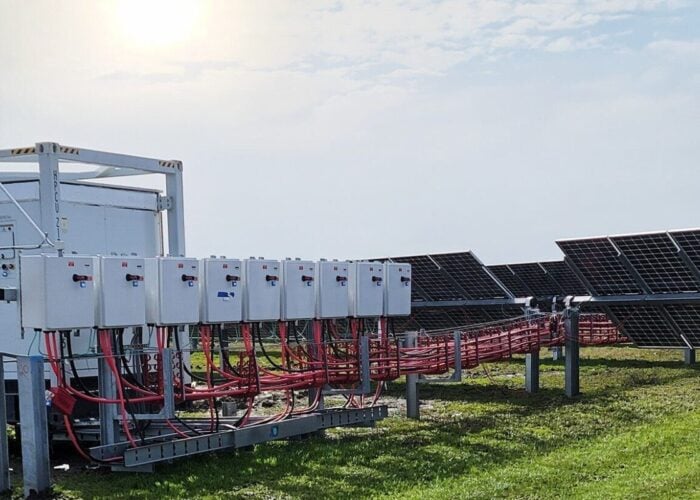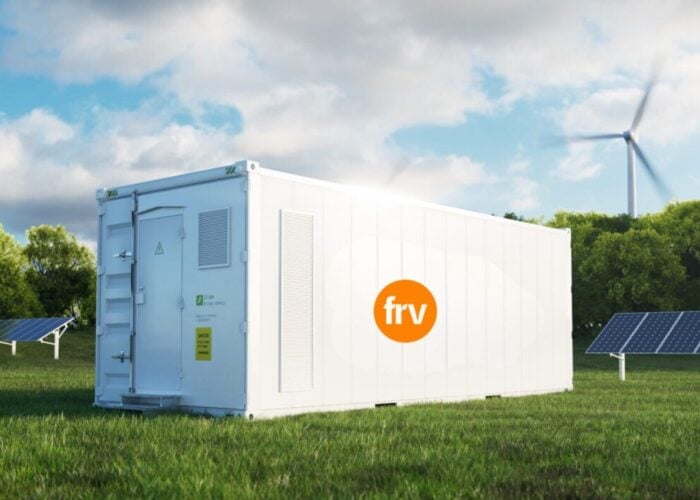
Iraq will look to deploy 12GW of solar PV capacity by 2030, according to a plan revealed this week by the Iraqi National Investment Authority.
In a statement, adviser to the Authority Rahim Al-Jaafari said that the National Investment Authority was in the process of granting investment licenses, before commencing work towards the capacity.
Try Premium for just $1
- Full premium access for the first month at only $1
- Converts to an annual rate after 30 days unless cancelled
- Cancel anytime during the trial period
Premium Benefits
- Expert industry analysis and interviews
- Digital access to PV Tech Power journal
- Exclusive event discounts
Or get the full Premium subscription right away
Or continue reading this article for free
Around 7.5GW of capacity has already been allocated to companies by the Council Of Ministers, Al-Jaafari added, and the government has already taken significant steps to allocate the remaining capacity.
No companies or project specifics were mentioned in the government’s announcement.
This new plan builds on a previous target of 10GW by 2030 which the government introduced in 2021. That plan introduced a tandem target, seeking to fulfil 20% of Iraq’s electricity demand with solar by the end of the decade.
According to data from the International Renewable Energy Agency (IRENA), Iraq added just 5MW of solar PV capacity in 2022, and the technology represented just 3% of its total renewables capacity. 97% is provided by hydro/marine capacity.
Aj Jaafari said that, as a member of the Paris Agreement framework, Iraq is bound to reduce its emissions and increase the deployment of renewables. As part of the same framework, he said that the government is looking into developments for waste-to-energy technology.
Despite having a wealth of solar irradiance, Iraq has yet to take off as a market for solar PV deployments. One significant development in the last year was the decision by French energy major TotalEnergies to reboot a 1GW PV deal with the Iraqi government. The plan will see TotalEnergies develop the capacity in the Basra region as part of a larger US$10 billion accord to also establish new gas generation and seawater treatment facilities.
The resumed version of the plan brought in QatarEnergy and Saudi renewables developer ACWA Power.






